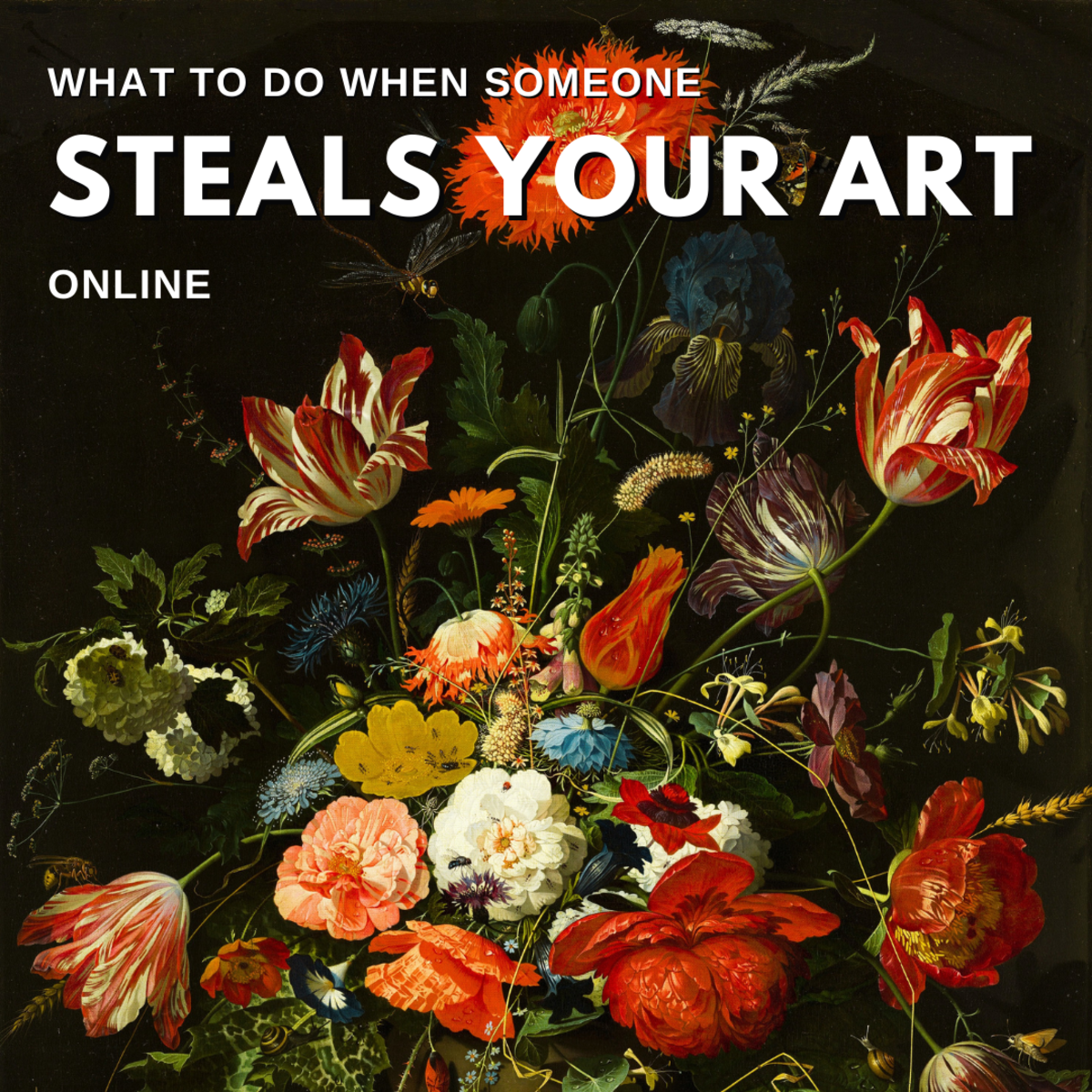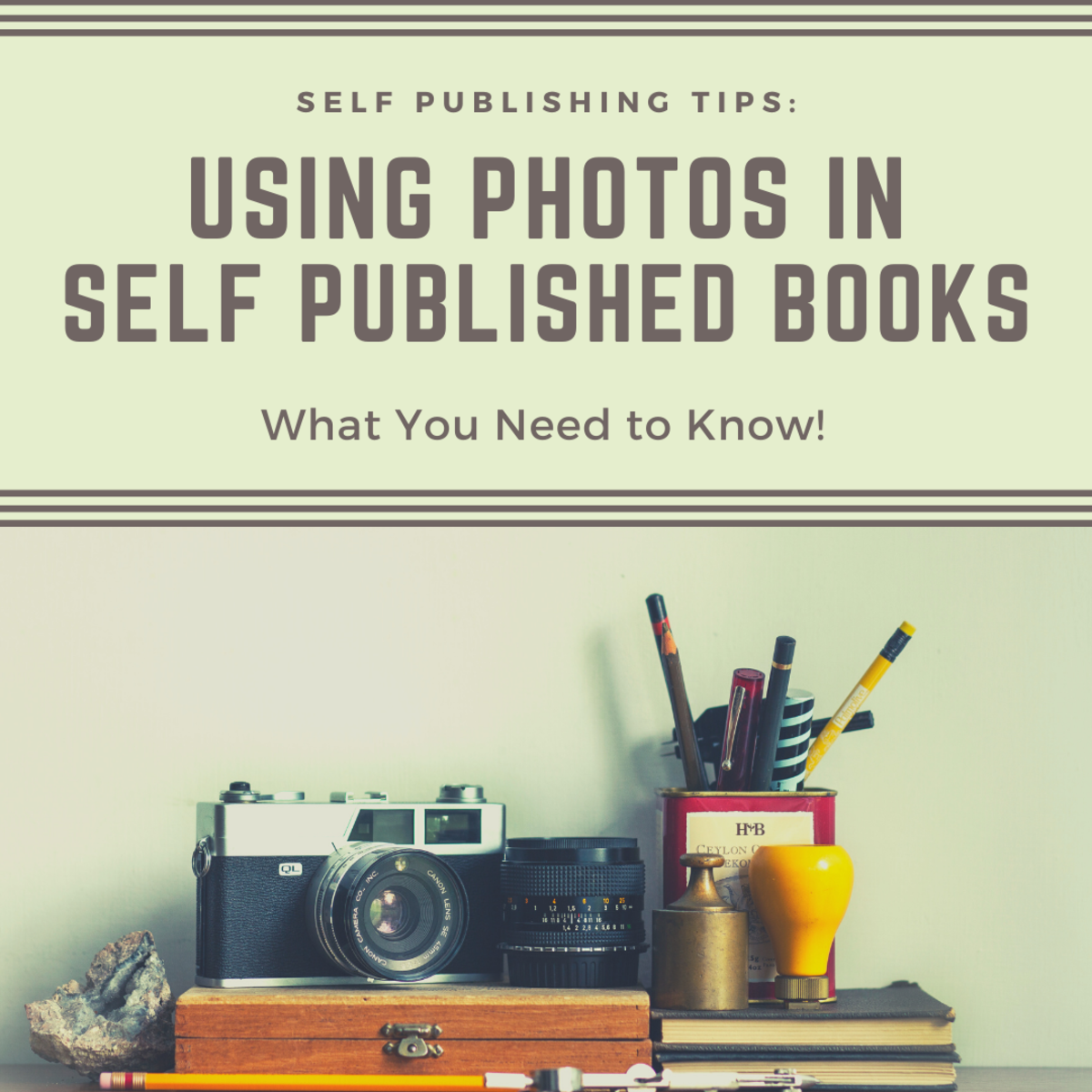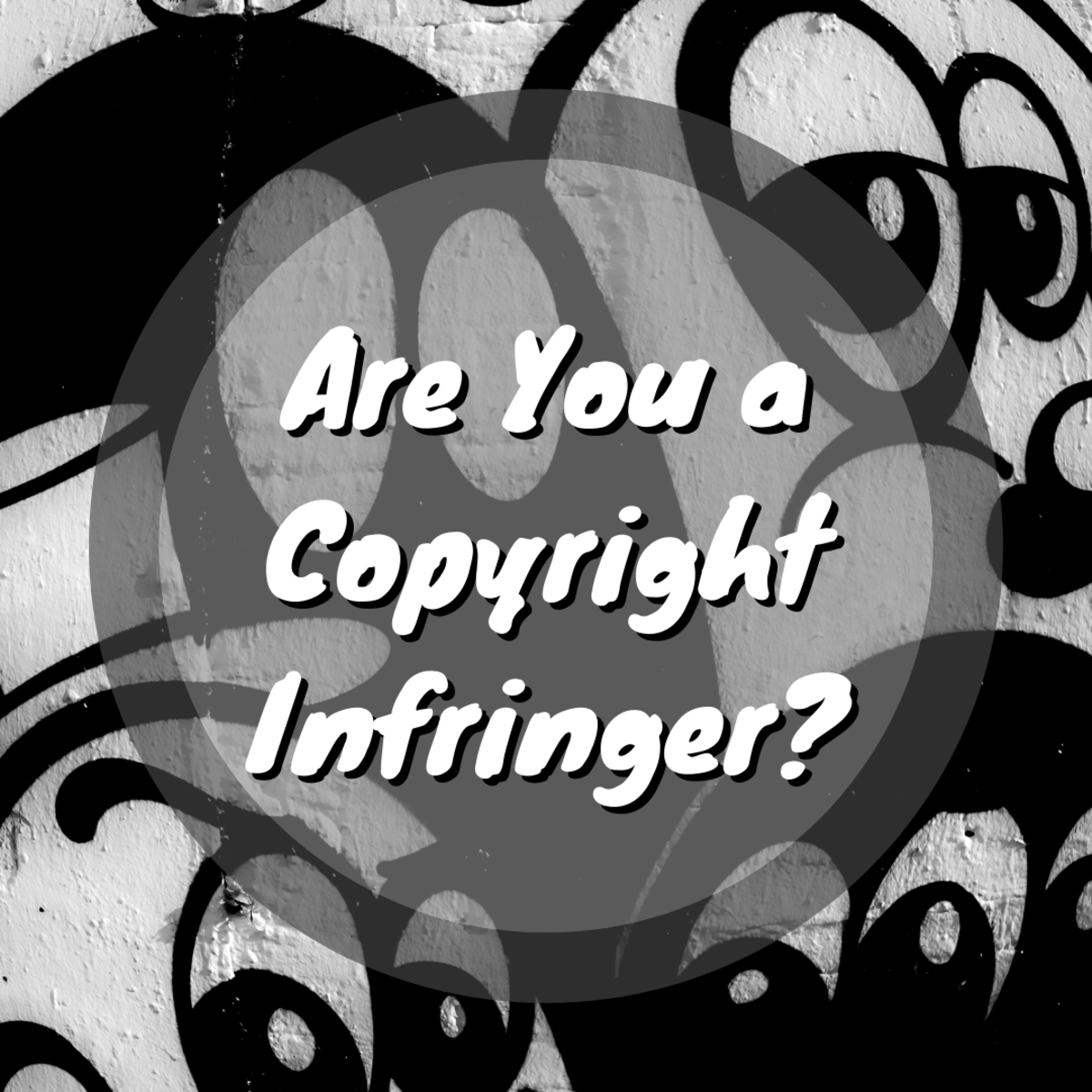Downloading Photographs and Images from the Internet & Copyright Law
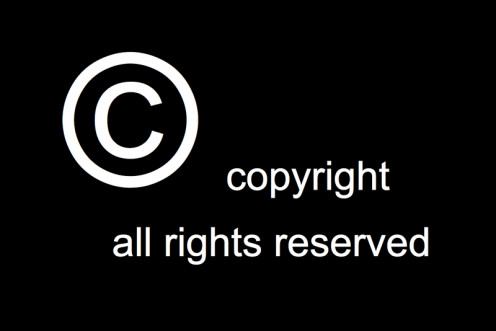
There have been several discussions regarding the downloading and use of photographs/images from the Internet to use on articles. There are many misconceptions as well as opinions that go in every which way.
Creative Commons License and The Fair Use Doctrine are two widely held laws that regulate the use of images and other work taken from the Internet.
If one downloads an image from the Net and this image is not clearly marked with a copyright label or no words that state that the image may not be copied,used etc, then you may use it in your article with the following caveats taken into consideration: You may use the photo if the purpose is to demonstrate a point, used as an example, or used for a comparison. In other words the photo is being used to show what "you mean" as it relates to the article.
You may not make alterations to the image, and this includes adding text, as well as cropping, you may not claim the image as yours, you may not use the image in any photographic format other than the one used when posted on the Net by the author; a horizontal format which you change to a vertical format, you may not offer undue opinions or criticism as to the image or the author of such image, intentions for the image's creation or the author's intent.
You may only critique the image from a technical stand point; "the image is underexposed" is OK but the "author is a pervert for photographing a nude person" is not OK. You may use the image if it has some relevance to the article not just because it's a pretty picture.
The use of the image may not have a detrimental effect on the potential market for such image (and this is the most controversial point). The image may be used for instructional or educational purposes like for a photographic class. See Copyright Section of BitLaw. for more information.
"use of a copyrighted work, including such use by reproduction in copies or phonorecords or by any other means specified by that section, for purposes such as criticism, comment, news reporting, teaching ..., or research, is not an infringement of copyright." Section 17 USC 107.
This does not apply in the majority of the cases if the image is downloaded from an author's own web site. Images taken from Google's Images pages are fine to use but not images taken from Joe's Photography Studio for example, since its use may have a detrimental effect on Joe's Photography Studio's future sales.
Another issue arises if you benefit from the image, like if you were paid, regardless of the amount, every time that someone clicked on the image, as is the case in Hubpages, we do not get paid when a reader clicks on the image. The adds have no relevance on this issue.
When a newspaper critic, for example, cites or quotes certain excerpts from a book he or she is not infringing on the copyright of the book, so long as the excerpts are not substantial; not half a page but just some sentences and this is regardless of if the work has been published or not.
A little known fact, every time you click on an image the image is saved, albeit temporarily, on your hard drive, therefore we would all be violating copyright.
As far as the Internet, the saying " let the buyer be ware" has some relevance. If the author does not want the image to be used then the author has to take certain steps to prevent this, such as including the copyright or words indicating permissible uses.
The words "all rights reserved", "exclusive rights", "limited rights" are perfect examples. Lack of knowledge by the author (the one who uses the pictures) provides no defense in a copyright cause. Instead the courts will look at intent; the question of why did the author used the image in the article will definitely come up.
It is also fair to mention that all courts, judges and lawyers do not always have a clear cut case and that rulings can vary from jurisdiction to jurisdiction, state to state and in the case of The Fair Use Doctrine, although four principal elements must be met for Fair Use to apply, this is not always the case and many courts have ruled in favor of Fair Use when some of the four elements have been met.
- The purpose and character of the use, including whether such use is of commercial nature or is for nonprofit educational purposes
- The nature of the copyrighted work
- The amount and substantiality of the portion used in relation to the copyrighted work as a whole
- The effect of the use upon the potential market for, or value of, the copyrighted work. Title 17, U.S Code
The overall message is; although you can use some images, regardless of the copyright and so long as it is for some uses (commercial or not) the truth is that if you are sued (unlikely in most cases) by the owner of the image(s) defending the case to use the images is time consuming, can be costly and can go either way.
The common sense approach is simply not to use an image unless you obtain permission or the image is labeled for use.
If you do use an image an the owner demands that you cease using it, it is best to simply comply plus many sites will take the image down, close your account and so on simply to avoid the hassle. Not really fair but that is the way things are.
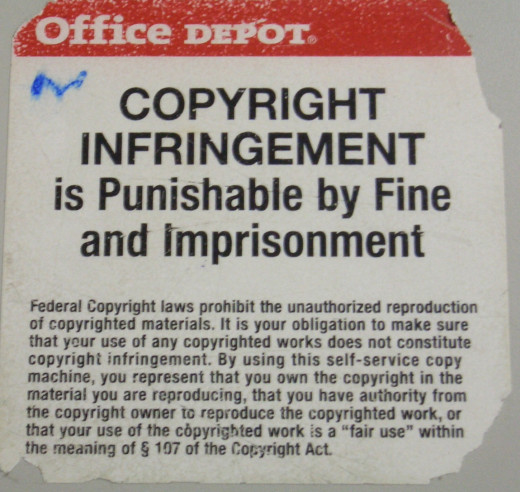
Has this article helped you understand copyright issues better?
© 2011 Luis E Gonzalez


